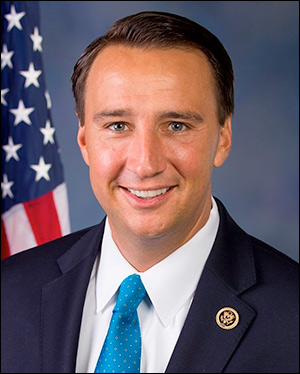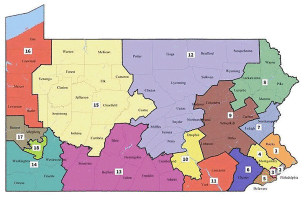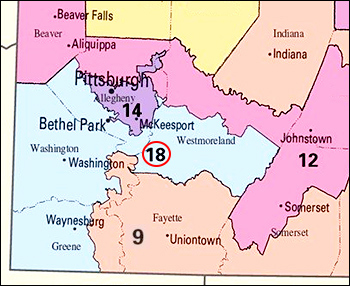By Jim Ellis
March 29, 2018 — It appears that Pennsylvania Rep. Ryan Costello (R-West Chester) is turning over a projected swing 2018 electoral seat in PA-6 to the Democrats without so much as a fight. Doing so will reduce the net number of Democratic majority conversion seats from the current 24 to 23.
The two-term Philadelphia suburban representative informed Keystone State Republican leaders on Tuesday that he will remove his name from the ballot and not run for re-election. Yesterday was the final day for Pennsylvania candidates to withdraw before the primary ballots become permanent.The major issue for Republican leaders with this belated move is that the candidate filing deadline already has passed, and another Republican has qualified for the ballot. Attorney Greg McCauley filed his candidate documents and presented the proper number of ballot petition signatures. Therefore, as the only Republican who was running opposite Costello in the GOP primary, it is likely that this obscure challenger will now be unopposed for the party nomination. McCauley has a credible resume but has never run for public office, and is not viewed as a top-tier candidate for an impending campaign in a highly competitive district such as PA-6.






